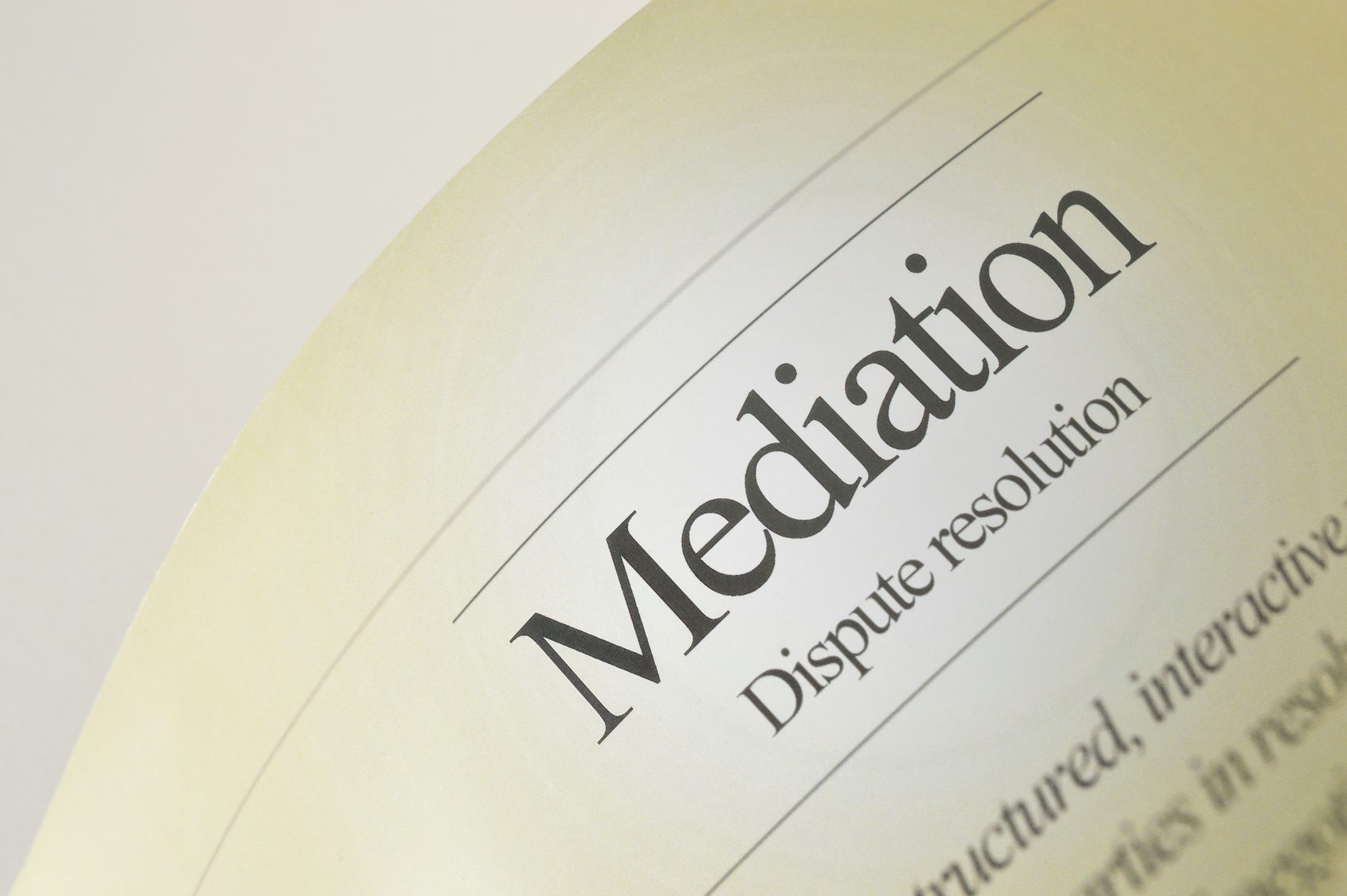What is Mediation and How Can It Impact My Illinois Divorce?

Looking for a specific post?
A Chicago Divorce Attorney Explains Mediation and its Implications.
Divorce and child custody issues do not always need to be litigated in court to be resolved. In fact, if every divorce-related or child custody-related issue were resolved through lengthy evidentiary hearings in court, the number of hearings that would need to be conducted would overwhelm the state’s judicial system. As an alternative to litigating matters in court, mediation is offered to divorcing spouses and/or divorcing parents as a way of resolving their differences. Is mediation right for you?
What is Mediation?
Mediation is a form of an alternative dispute resolution in that it seeks to resolve disagreements through means other than a court hearing. In a mediation session, both parties appear as well as a mediator. The mediator is a neutral third-party who is selected either by the court or by consent of the two parties. The mediator attempts to help the parties reach an agreement regarding the areas on which they disagree, such as child custody, visitation time, or property division. There is no requirement that parties reach a mediated agreement and, if they do not, a court hearing can be held to address their disagreements. But if the parties do reach an agreement with the mediator, this agreement can be adopted by the court and enforced just like any other court order.
Do I Have to Go to Mediation?
Illinois Supreme Court Rules require the parties to go to mediation if there is a dispute regarding most child custody-related issues such as residential custody, removal to another state, and visitation time. In addition, each court can adopt its own rules regarding when to require mediation. Some courts may require every divorcing couple who has even one area of disagreement to go through mediation while other courts do not order mediation for any issues other than those contemplated by the Illinois Supreme Court’s rules.
Do I Need an Attorney During Mediation?
Mediation is designed to be less formal and more collaborative than a court proceeding. Nevertheless, it is important for you to have legal counsel available to you during the mediation process. Some mediators do not permit attorneys to be present during the mediation sessions unless both parties agree; however, you are still able to consult with an attorneys outside of the mediation sessions. Proceeding with mediation without the assistance of counsel can result in you agreeing to terms that are not in your best interest or in the best interest of your child. These mistakes can be difficult to undo after an agreement is signed. It is better to seek legal counsel during mediation and avoid making serious mistakes during the process altogether.
Work with an Experienced Illinois Divorce Attorney
Consult with Arami Law, before signing to a mediated agreement. We can review the terms of the agreement with you to make sure you understand their significance and help you detect and correct terms that can cause serious harm to your legal interests. Contact us at (312) 212-1399 for experienced divorce and family law legal assistance.


